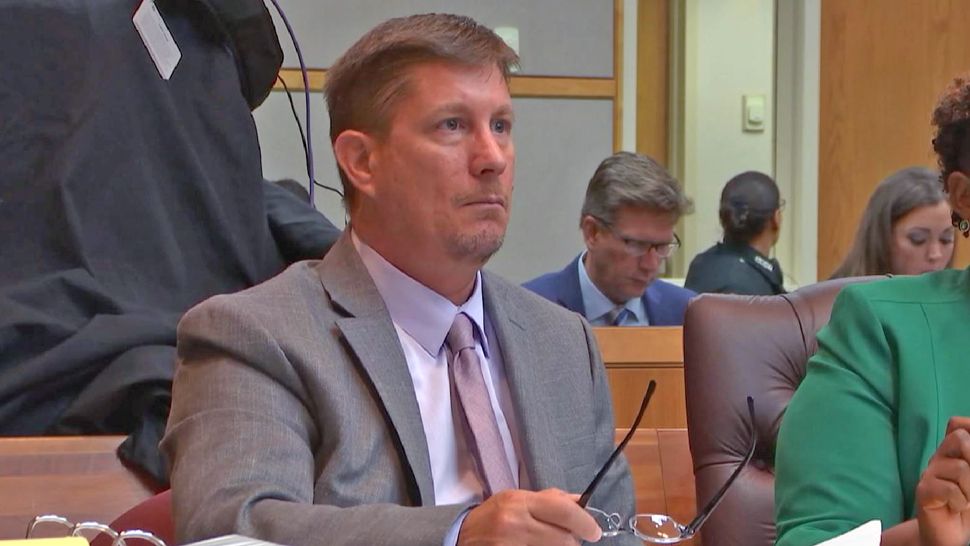CLEARWATER, Fla. — Was Michael Drejka reasonable in his decision to shoot Markeis McGlockton last summer outside a Clearwater circle a food store?
- Michael Drejka's lawyers plan to appeal the ruling
- RELATED stories:
- Day 5: Drejka Found Guilty of Manslaughter in McGlockton Trial
- Day 4: Prosecution Rests its Case in Michael Drejka Trial
- Day 3: McGlockton girlfriend testifies
- Day 2: Jury Selected in Michael Drejka Shooting Trial
- Michael Drejka interview: "I shoot to save my own a--"
- MORE stories on controversial case
That was the question at the forefront of this trial.
“In this scenario, is it reasonable that this individual used force that resulted in death? There had to be a showing that he was in fear, there had to be a showing that he was either going to die or be seriously injured” said Lee Pearlman, St. Petersburg based lawyer.
Pearlman is a criminal defense attorney and not connected to this case in any way.
He explains this was not a stand your ground case.
Those cases are decided by a judge.
In a jury trial, it is up to the prosecution to prove the case to the best of their ability, and up to the defense to cast doubt in the prosecution’s story.
Drejka’s defense team pushed this as a self-defense situation, trying to convince the jury Drejka feared for his life.
This makes understanding "reasonable doubt" so crucial.
“When you’re talking about reasonable doubt, you’re looking at, would a reasonable person in that scenario, beyond any reasonable doubt, have committed a crime or is there a reasonable explanation, theory, belief as to why someone might not have committed a crime,” said Pearlman.
In this case, the jury decided Drejka did not act in a way a reasonable person would, and was therefore not justified in shooting McGlockton, which is why they returned a guilty verdict.
